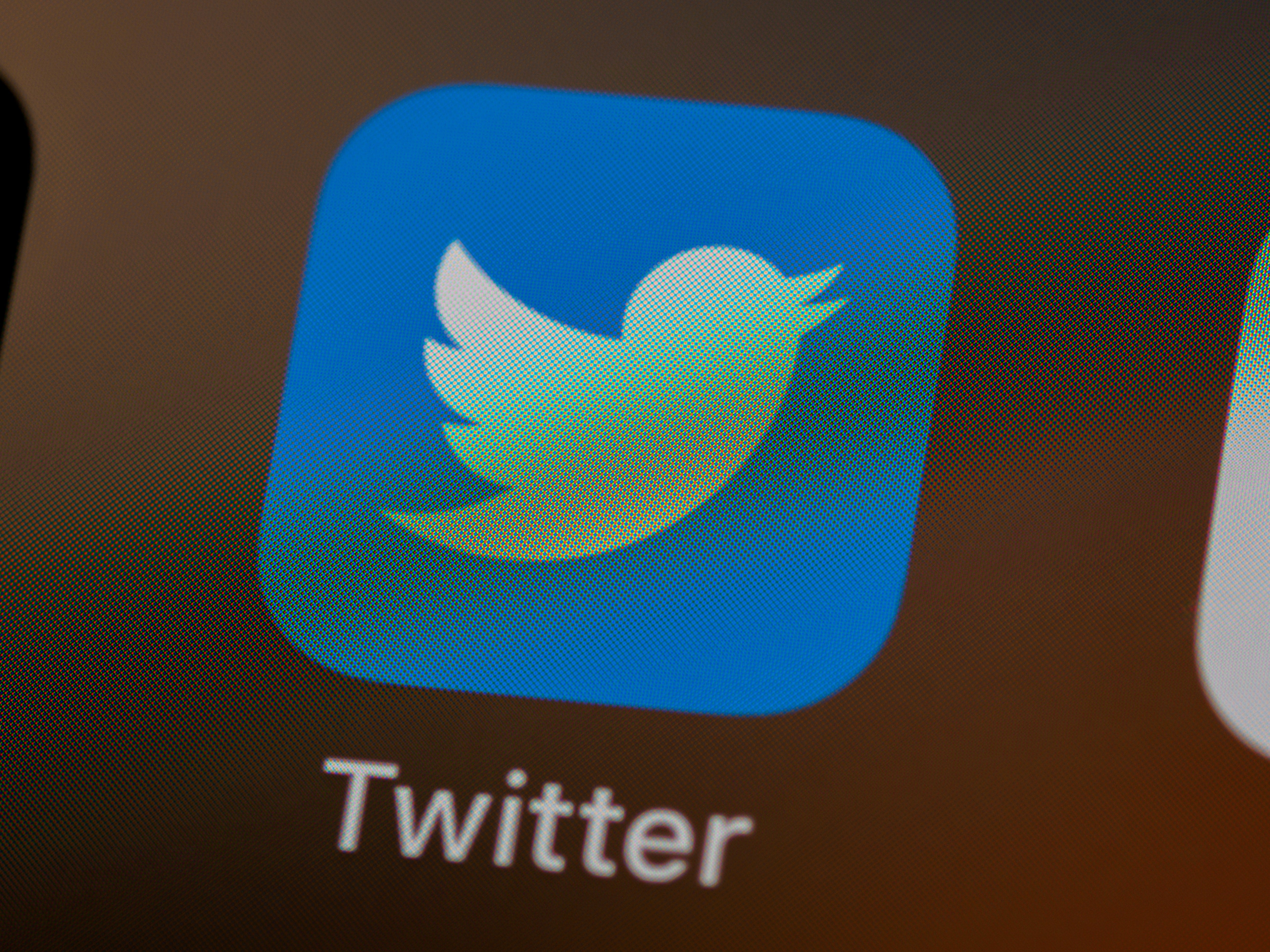Twitter pushes 'pre-bunks' to all US users in attempt to get ahead of rapid spread of election misinformation
The pinned messages debunk misinformation about mail-in voting and premature election results

Your support helps us to tell the story
From reproductive rights to climate change to Big Tech, The Independent is on the ground when the story is developing. Whether it's investigating the financials of Elon Musk's pro-Trump PAC or producing our latest documentary, 'The A Word', which shines a light on the American women fighting for reproductive rights, we know how important it is to parse out the facts from the messaging.
At such a critical moment in US history, we need reporters on the ground. Your donation allows us to keep sending journalists to speak to both sides of the story.
The Independent is trusted by Americans across the entire political spectrum. And unlike many other quality news outlets, we choose not to lock Americans out of our reporting and analysis with paywalls. We believe quality journalism should be available to everyone, paid for by those who can afford it.
Your support makes all the difference.Twitter has announced that it will start pre-emptively debunking misinformation about the US presidential election.
The social media site is implementing the change, which it calls a ‘pre-bunk’, one week before the vote is set to take place.
The information will appear on the home page timeline as well as in the search page.
"#Election2020 is unlike any other in US history. With so many more people voting by mail and potentially delayed results, starting today, we’ll show you prompts in your Home timeline and Search to help you stay informed on these critical topics," a Twitter support account tweeted.
Two of the topics featured in the tweet include “misleading information” about mail-in voting, and a potential delay to election results.
"Election experts confirm that voting by mail is safe and secure, even with an increase in mail-in ballots," the postal voting notice reads.
"Even so, you might encounter unconfirmed claims that voting by mail leads to election fraud, ahead of the 2020 US elections."
President Donald Trump has repeatedly attacked the notion of mail-in voting, believing it to be a cause of voter fraud, something that has been repeatedly debunked.
Nevertheless, two-thirds of American voters are concerned the presidential election will not be fair, suggesting Mr Trump’s sustained attacks on mass mail-in ballots are working.
“With the increase in voting by mail, there might be a delay in the announcement of election results,” reads a message about a potential delay in the election results.
“This means you could encounter unconfirmed claims that a candidate has won their race.”
President Trump has said that the election will be the “most inaccurate and fraudulent in history.”
As well as Twitter, Facebook has also said that it will be rejecting adverts which claim victory in the US election before the results have been declared.
Such precautions come because the results of the 2020 election might not be known for some time.
In 2016, president Trump’s victory was called when victory in Wisconsin put him over the 270 electoral votes needed. However, more Americans are expected to vote by mail, and pandemic precautions have caused long lines at polling stations.
Moreover, three vital swing states - Pennsylvania, Michigan and Wisconsin - do not permit the counting of mail-in ballots to begin until election day itself.
It is possible it could take up to one week for the results to be cleared, assuming both candidates accept the result.
Mr Trump said in September that he would not commit to a peaceful transference of power should he lose the election as “the ballots are a disaster” but since said he will leave the White House as long as it is an “honest election”.
Twitter has previously taken numerous action against misinformation on its platform, with mixed results.
The social media company has removed posts from Mr trump’s coronavirus adviser for misleading information on masks and has said that it would label or remove information which might undermine confidence in the election.
This includes “unverified information about election rigging, ballot tampering, vote tallying, or certification of election results.”
Recently, the company was looking how to make signals about misinformation more overt and how to be more direct in giving users information, according to the company’s head of site integrity Yoel Roth, who himself had been attacked for so-called bias in May 2020.
“People rely on Twitter for accurate, credible information about how to vote, and the latest election news, and we believe it’s critical that we make it easy for people to find that information,” a Twitter spokesperson said.
“We also know that people may intentionally or unintentionally spread misleading information about these topics, which we have expanded our policies to address.



Join our commenting forum
Join thought-provoking conversations, follow other Independent readers and see their replies
0Comments